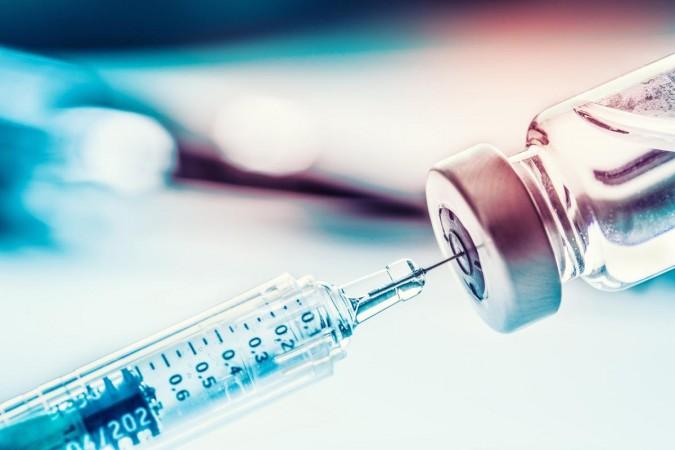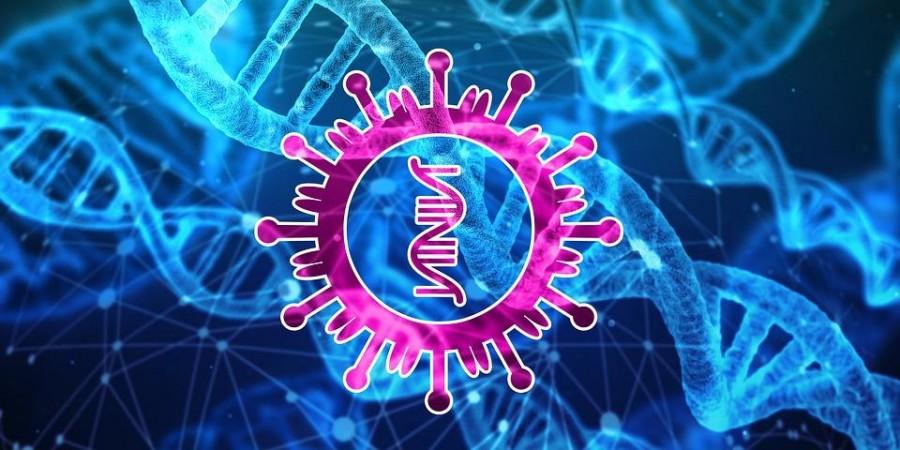Nearly all nations across the world have rolled out vaccination programs to tackle the COVID-19 pandemic. However, several of them continue to face the challenge of insufficient doses. In a scenario like this, a vaccine that can induce strong protection against the SARS-CoV-2 virus with a single jab can serve as a life-saver. Now, a new study has reported that a single dose of the Russian-made Sputnik V vaccine can induce strong antibody responses against the novel coronavirus.
According to the study, a single dose of Sputnik V triggers higher antibody levels and the ability to neutralize the virus in individuals who have been previously infected with COVID-19 than in uninfected participants who received the two-dose schedule. The research, which was conducted by scientists from multiple Argentinean institutions, was published in the journal Cell Reports Medicine.
"Due to limited vaccine supply and uneven vaccine distribution in many regions of the world, health authorities urgently need data on the immune response to vaccines to optimize vaccination strategies. The peer-reviewed data we present provide information for guiding public health decisions in light of the current global health emergency," said Dr. Andrea Gamarnik, senior author of the study, in a statement.
Potential of A Single Dose

With the shortage of vaccines marring inoculation efforts across the world, a single-dose vaccine with a robust immune response is the need of the hour. Older studies have demonstrated that two doses of the Sputnik V exhibit 92% efficacy against the SARS-CoV-2 virus. However, other COVID-19 vaccines such as the AstraZeneca vaccine have shown 76 percent efficacy after only one dose.
There is also evidence to suggest that the Moderna and Pfizer vaccines may elicit adequate immunity after one dose in individuals who were previously infected with the virus; without benefits from an extra dose. This led the authors to investigate whether a single dose of the Sputnik V vaccine could enable similar responses.
Strong Immune Action
For the study, the effects of one and two shots of Sputnik V on SARS-CoV-2-specific antibody responses were compared in 289 healthcare workers in Argentina. The participants included individuals who had previously contracted COVID-19 and those who had not—227 and 62 people respectively. Plasma samples from the volunteers were collected on three occasions: before, vaccination, 21 days after receiving the first dose, and 21 days after receiving the second dose.

The team found that three weeks after the receipt of the second dose, all participants who had not contracted the infection generated immunoglobulin G (IgG) antibodies—the most prevalent antibody in the blood—that was specific to the virus. 94 percent of this group of participants developed IgG antibodies against the coronavirus within just three weeks after receiving the first dose. Also, 90 percent were found to develop neutralizing antibodies which affect the ability of the pathogen to infect cells.
Better Response In COVID-19 Survivors
Importantly, the scientists learnt that neutralizing antibody and IgG levels in participants who were previously infected with COVID-19 was considerably higher after only one dose. This was in comparison to volunteers who had no history of the infection. However, a second dose did not result in increased production of COVID-inhibiting antibodies in previously infected participants.
"This highlights the robust response to vaccination of previously infected individuals, suggesting that naturally acquired immunity might be enhanced sufficiently by a single dose, in agreement with recent studies using mRNA vaccines," highlighted Dr. Gamarnik.
Nevertheless, the authors emphasized that additional studies are required to analyze the manner in which antibody levels relate to protection provided by the vaccine and to examine the period of the immune responses. Dr. Gamarnik concluded: "Evidence-based on quantitative information will guide vaccine deployment strategies in the face of worldwide vaccine supply restriction."












